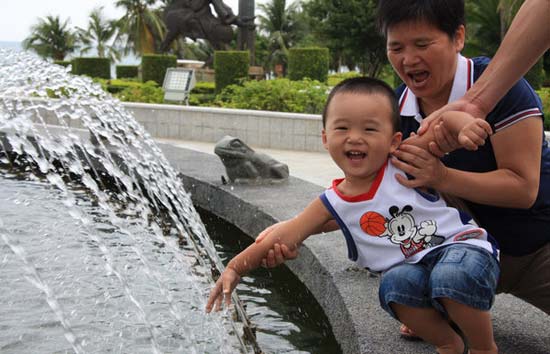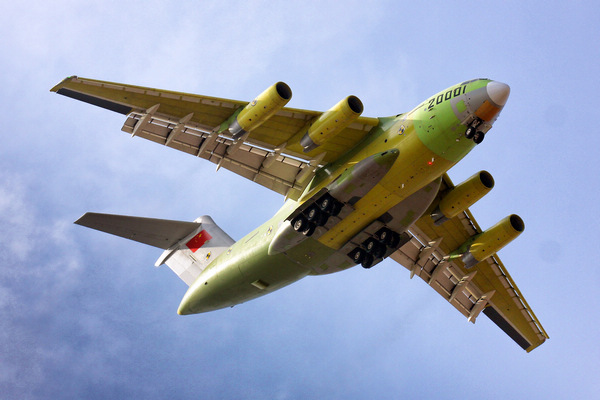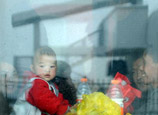
 |
| Lin Hua enjoys her life in Guangzhou taking care of her grandson since she feels "totally respected and valued". (Photo/China Daily) |
While the traditional family structure and values have changed in recent decades, Liu Zhihua reports that some things never change.
Throughout history, family has been considered to be the base of Chinese society. And although Western lifestyles have been adopted, the traditional family structure and values still hold a prominent position.
The elderly are respected and honored, while young children are the focus of the family.
Even so, when grandparents migrate to a new city to take care of their grandchildren, there are inevitably conflicts, experts say.
"People should be grateful if their parents move in to help nurse a child," says Pang Yu, deputy president of Beijing Huilongguan Hospital, a leading mental institute in the capital.
"No matter how busy they are, they must take care of their parents' feelings and communicate proactively with them."
Studies show that between 55 to 66, those who relocate to take care of grandchildren usually have a good self-image and confidence, and are unlikely to have mental difficulties relocating, especially if they feel their new lives have purpose, Pang says.
It is possible they will experience both mental and physical discomfort while adapting to the new environment, but these ailments are generally mild and fade away.
However, Pang says, when their grandchildren grow up and develop their own sense of right and wrong, conflicts between grandparents and parents may increase because of generation gaps.

















 Grandparents who leave homes to live in the cities and take care of their children's children are a growing demographic.
Grandparents who leave homes to live in the cities and take care of their children's children are a growing demographic.


![]()
